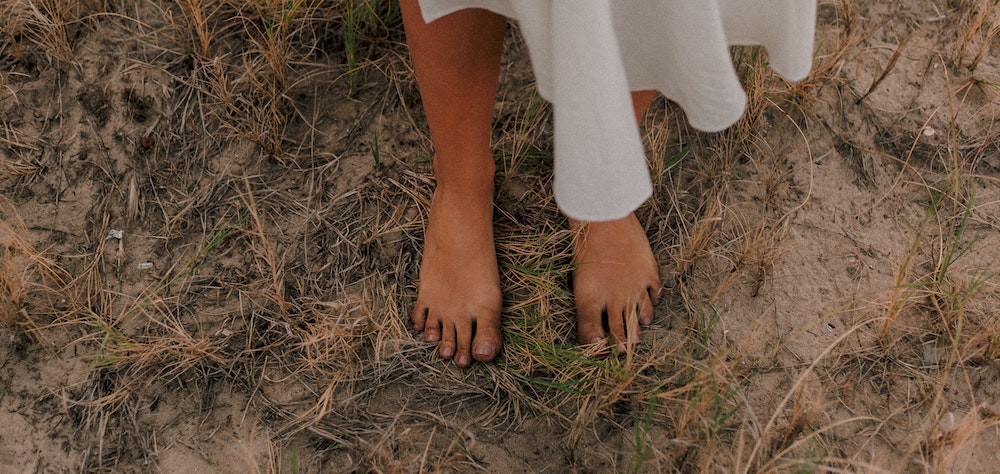In our Yoga Recovery meetings, we started doing a series on the Chakras and the twelve steps a couple of weeks ago. We will continue for several weeks (with a few interruptions for special guest leads). The discussion has been so lively that I decided to capture the lead for a written series here on the In The Rooms blog. Follow along each week as I introduce a new chakra.
I begin with a disclaimer. There are many interpretations of the chakras: the one I use is the more familiar western understanding of these energy wheels. I am going to discuss the seven most common chakras and will begin at the root. This is my opinion and interpretation: there are others, and they are correct as well.
Each chakra has a color, a tone, a mantra, an element and other associations. Each chakra has an impact on emotions as well as our health. I am not going to go that deep here, for now. I will talk about the chakra as it relates directly to recovery as an addict and a co-addict (someone who has been in a relationship with someone who has/had an addictive behaviour or disordered substance use.)
The Root Chakra
The root chakra (mulandhara) is at the base of the spine: the lowest point of the seated body. Its path travels down to the feet, and the impacts rise up through the spine to the crown chakra. None of the chakras “stand alone”; each has an impact upon the other. Its color is red and its element is earth.
This chakra relates to survival, trust, safety and family loyalty. It brings us a sense of connection when in balance. When out of balance, we can feel either muddy or slothful, or disconnected and distrustful. If overactive, it can make us feel aggressive, impulsive, or reckless. When underactive, we might feel possessive, manipulative, seek approval or overly cautious.
Because the root chakra is the space of our survival instinct, you can see how important it is to have balance here in order to find a safe haven to learn and grow. We can access our courage, and resource our will to thrive during trying times. It connects us to our spiritual energy of history, to our ancestors.
Let me pause here, before I move on to how the steps relate to the root chakra. This is a power concept—being connected to our ancestors. The trials and the challenges that our families have endured are written in the expression of our genetics. Further, the coping skills of our grandparents influenced our parents, as they were influenced by THEIR parents. Society has a role in coping skills and resources, and all of this was played out in the dramas in our homes. Unskilled actions are often based on unskilled examples.
This has an impact on the balance of our “home base” chakra, the root chakra, the source of fight or flight, the connection we have with our physical body and the earth, the world around us. That is a lot. You can see that recovery is all a form of restoration. The root cause of our addiction is often planted in our root.
The Twelve Steps and the Root Chakra
The first three steps are strongly associated with the root chakra. The basic foundation and fundamental principles of recovery are part of the balancing of the root chakra. The concepts of acceptance and surrender, belief and sanity as well as the decision to trust are practices that restore the root chakra to optimum health. These concepts also lead us to optimum mind and heart set to embark on the journey of recovery.
So how do you know if your root chakra is out of balance, blocked or overactive? Perhaps considering the following questions with honesty can help.
- Are you able to put your thoughts into action?
- Do you feel physically fit?
- Is it difficult to turn things (people, places, things) over to your higher power?
- Do you accomplish most of your goals?
- Can you view yourself with compassion, without blame or criticism?
- Are you able to easily make a decision or do you find yourself to be very indecisive?
There are many more considerations, and I cover several of them in “Yogic Tools For Recovery: A Guide to Working The Twelve Steps.”
Now, to the good news. In addition to working the steps, you may want to add additional self-care tools.
Here are some self-care tools that can help you connect with the root chakra.
- Practice healing yoga with emphasis on feet, seated poses, grounding postures.
- Surround and dress in the color red more often.
- Use aromatherapy oils such as cedarwood, lavender, vetiver, or patchouli.
- Eat root vegetables.
- Listen to stimulating music with deep beats.
- Meditate in a comfortable and quiet space for 10 minutes.
- Walk barefoot in nature.
- Repeat phrases such as “I have a right to be here.”, “I am.” “I belong.”
Be kind to yourself as you investigate what is true for you in relationship to the root chakra and your journey. The invitation is to root and ground in loamy soil, allowing for organic growth in a nurturing base.







2 Comments
Thank you so much for your post on the root chakra. I have become so disconnected from this chakra, and would like to work on balancing it. Thank you for the suggestions too. For some reason, I have developed almost an aversion to the color red. It feels like a “harsh” color, not a nurturing one. Do you have any suggestions for changing my relationship to this color?
Thanks a lot for the brlliant Chakra Series Kyczy. I truly resonate with these teachings and also find the questions and suggestions very helpful ! Wishing you all the equinimity and balance ! Hugs from Poland 🙂
(I used to be your Sponsee few years ago :-))